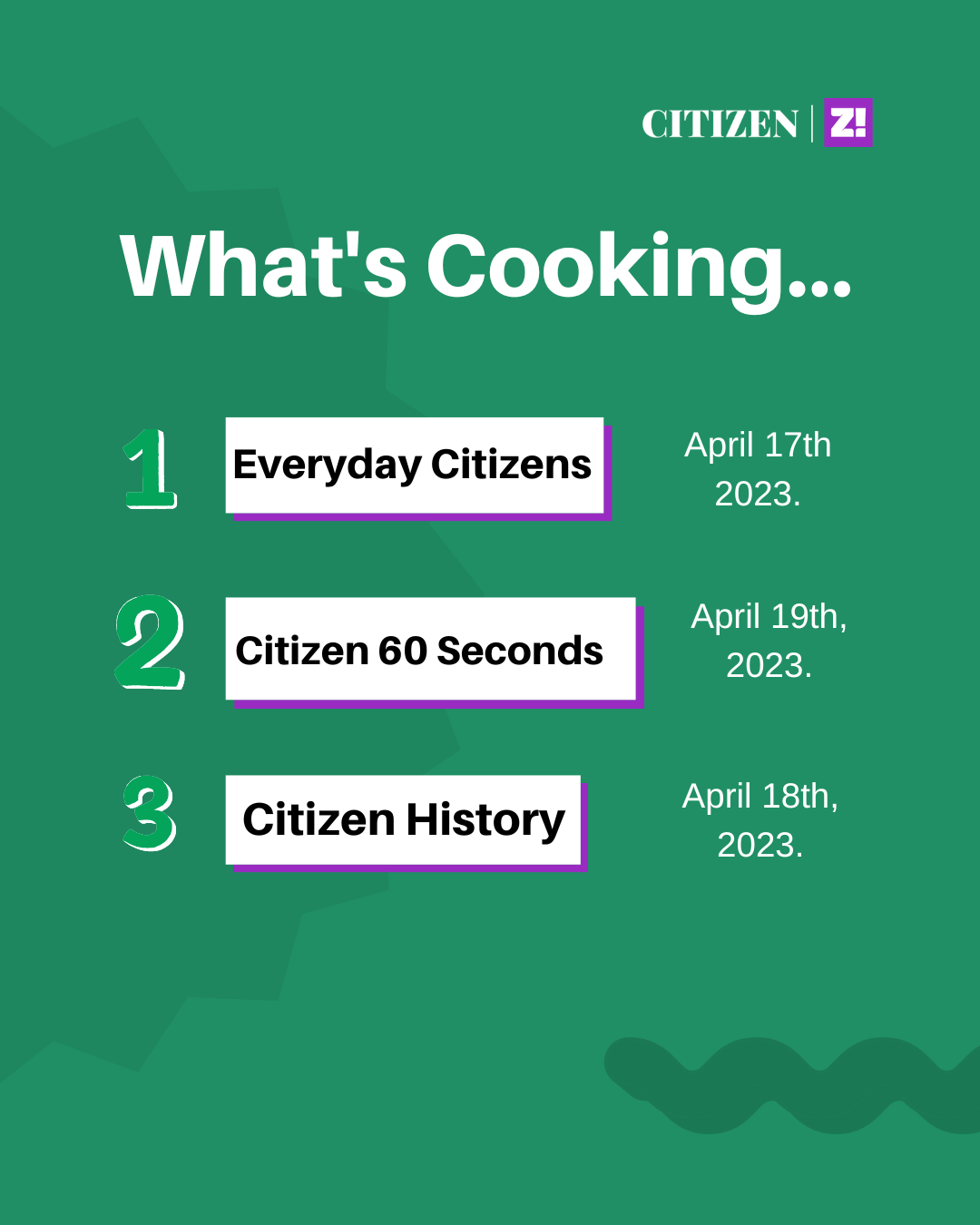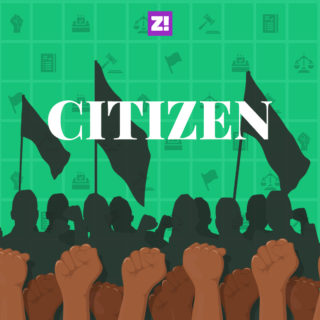Two of every three voters during Nigeria’s February 25, 2023, presidential election didn’t want Bola Ahmed Tinubu of the ruling All Progressives Party (APC) to be their president. Yet, the Lagos Jagaban (boss) managed to get 36.6% (8.7 million) of the total votes (24.9 million), to become Nigeria’s president-elect.
It is the smallest win margin of any Nigerian President since 1999. It is also the election with the lowest voter turnout — 29% of 93.4 million registered voters — since Nigeria gained independence.
While this looks like a decent result from afar, when we zoom in on the massive violence, voter intimidation, harassment, and rigging allegations by opposition parties, one begins to question the legitimacy of the results.
Violence was so unbelievably widespread that the House of Representatives majority leader, Ado Doguwa (of the APC), was arrested for allegedly shooting at least three people to death. In North-Central Kogi state, the sitting state governor, Yahaya Bello (of the APC), destroyed five roads leading to the district of an opponent, Natasha Akpoti, claiming he did so to avoid terror attacks.
But it does not end there.
INEC: What we ordered vs what we got
The presidential race saw three other contenders polling at least 1 million votes each: Rabiu Kwankwaso of the New Nigeria Peoples Party (NNPP) got 1.4 million votes, Peter Obi of the Labour Party (LP) got 6.1 million votes, and Atiku Abubakar of the People’s Democratic Party (PDP) got 6.9 million votes.
Atiku was contesting for the sixth time and was no stranger to the process. However, Obi (a third-force candidate who left the PDP months before the election) and Kwankwaso (who lost a presidential primary in 1993) were on the ballot for the first time.
All four leading candidates and millions of Nigerians were banking on the promise of the Independent National Electoral Commission (INEC) to organise a free and fair election.
The introduction of the Bimodal Voter Accreditation System (BVAS) was supposed to eliminate voter fraud and assist INEC with collating accurate data directly from polling units to the INEC Result Viewing Portal (IReV). But days after the election result had been announced, the IReV portal was yet to host most of the results.
Peter Obi’s running mate, Datti Baba-Ahmed, lamented the “widespread technological problems and manipulation of results” at a press conference in Abuja.
While one could write Datti off as a pained loser, many Nigerians have taken to the IReV portal to collate the numbers as they are uploaded. What is on the portal and what was announced by INEC are at variance.
Despite getting a ₦305 billion budgetary allocation, INEC did not conduct a convincingly free and fair election.
INEC cannot blame its failure on the want of time. The BVAS, for instance, has been tested in Anambra (2021), Abuja (2022), and Osun state (2022).
Just days before the presidential election, INEC tested its processes again on February 4 across 436 polling units, assuring Nigerians it was ready. Why, then, did BVAS and IReV malfunction mar the electoral process on February 25, 2023?
The INEC Chair, Mahmood Yakubu, has questions to answer. And the answers might be in court.
Legal steps
Peter Obi and Atiku Abubakar have held press conferences addressing their supporters, opponents, and INEC, ending with a promise to take legal action.
Obi is notorious for winning post-election litigation, while Abubakar has never won any election petition, although he has a string of successes in other cases, including defeating former president Olusegun Obasanjo.
However, one factor stands against both men: no Nigerian President has been sacked from office after INEC declared the winner. And the president-elect seems to be counting on this, as he starts his tour to celebrate with loyalists.
The Supreme Court’s recent string of cases, which make it seem like it sways in the direction of the ruling party, is also a source of concern. The current Imo State governor, Hope Uzodinma (of APC), sits in office after coming fourth at the polls due to a Supreme court decision which sacked his opponent Emeka Ihedioha (of PDP).
In a way that Nigerians have not had to do before, there is great attention and expectation that the Supreme court will either validate Tinubu’s victory or reach a conclusion that may lead to recounting an outright announcement of another candidate, or a redo of the voting process.
The polls might have closed, but the presidential election process is still open.
With the gubernatorial election days away on March 11, eyes must fall back on INEC. This is an opportunity for INEC to initiate a redemption. Nigerians (locally and abroad) and the international community are all paying attention.
INEC has this lifeline left to encourage voter participation. Will it take it?



